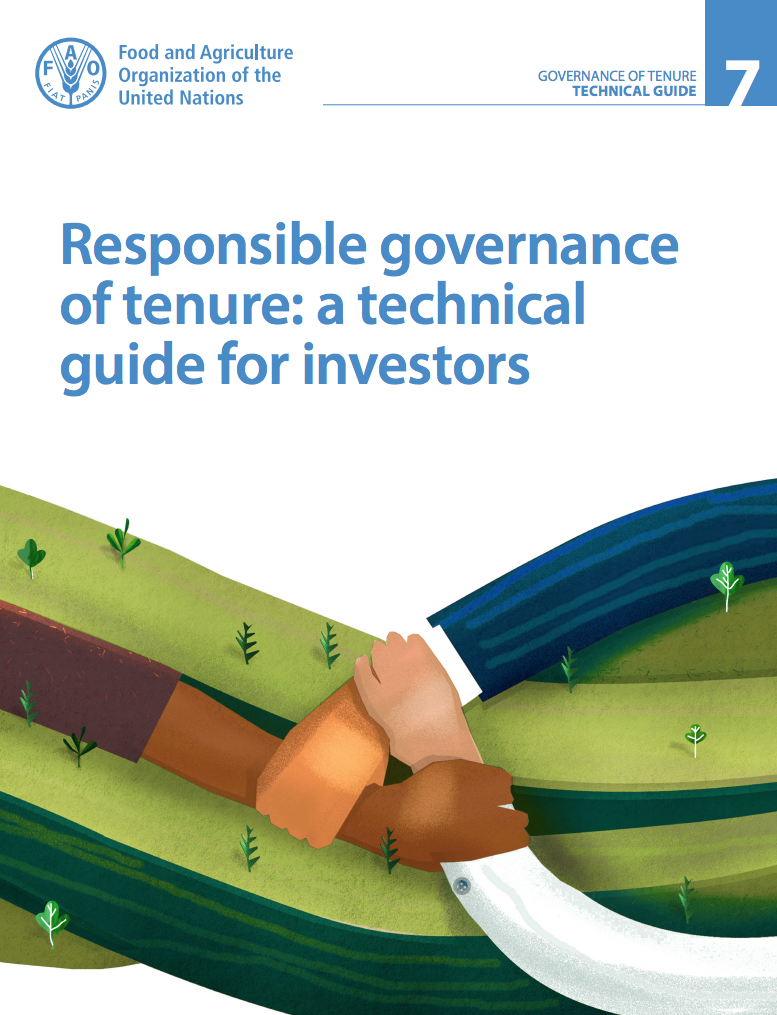Rethinking Investments in Natural Resources: China’s Emerging Role in the Mekong Region
China's economic rise and consequent demand for a reliable and steady supply of inexpensive natural resources have led to a rapid increase in Chinese foreign direct investment stretching all the way to Africa and Latin America. Southeast Asia's Mekong region is no exception to that trend. This policy brief highlights China's emerging role in finance and trade in three selected Mekong region countries (Cambodia, Laos and Vietnam).



